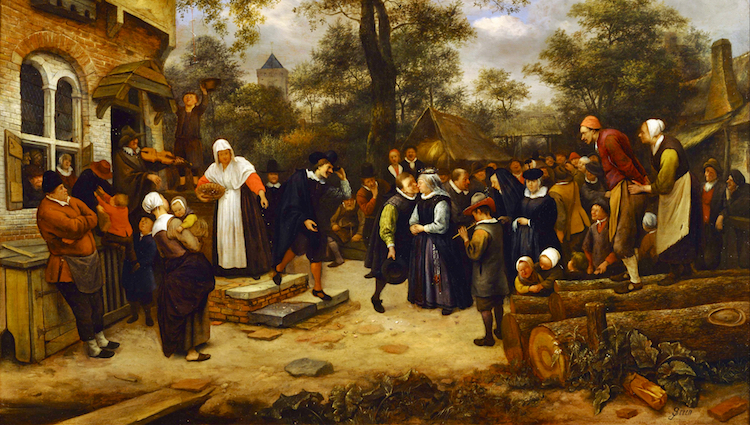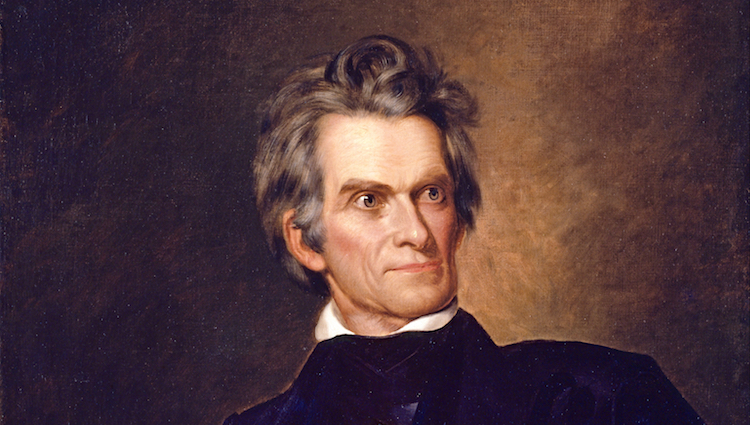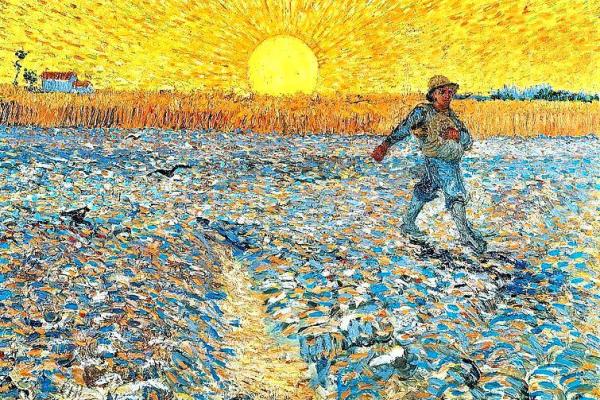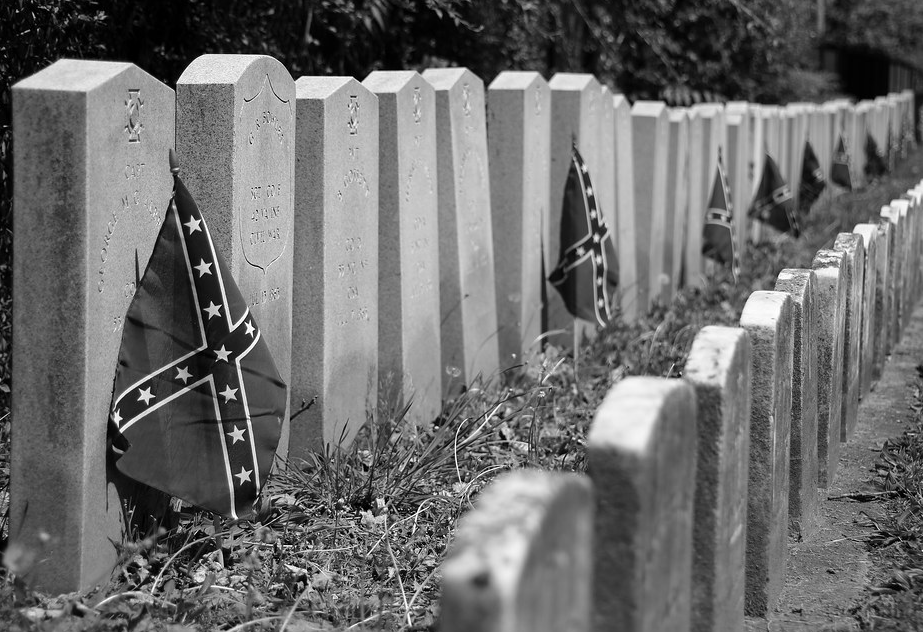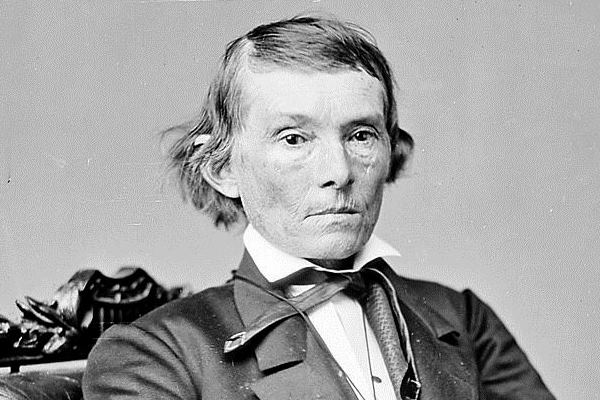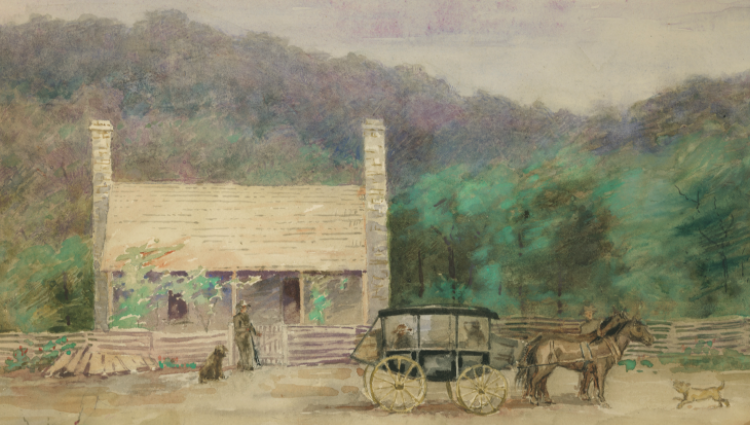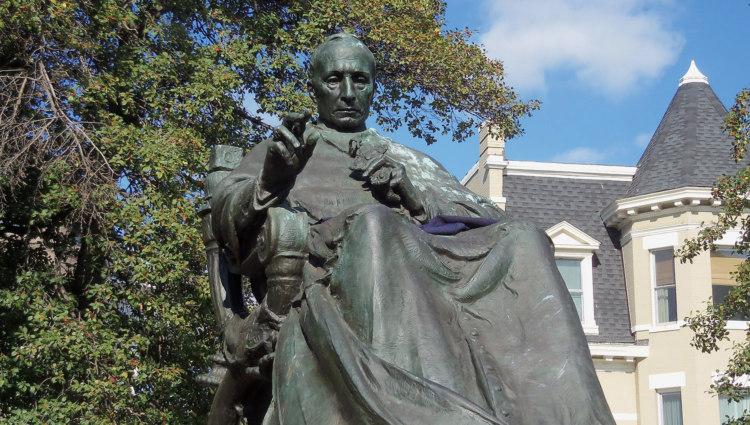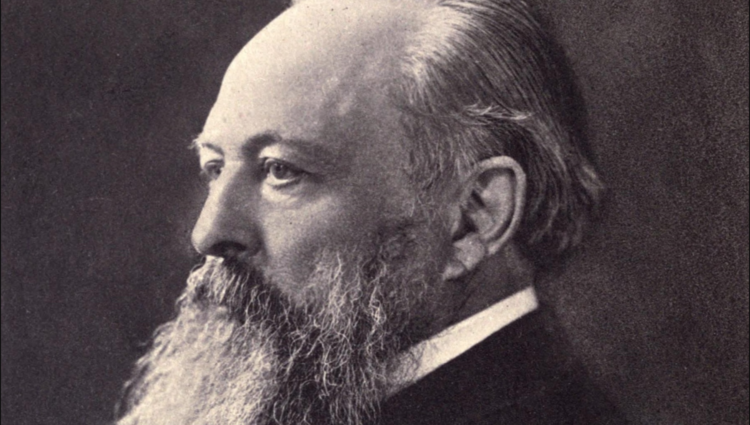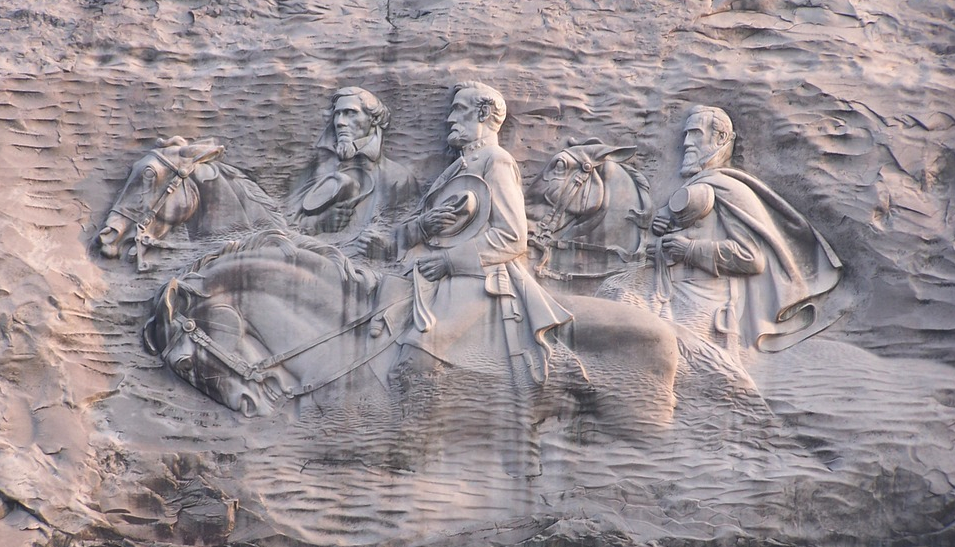If Only Progressives Could Learn to Think Small
Nostalgia for the smaller face-to-face societies of the past is common to both progressives and conservatives. There was a time, whether it was 100 years ago or 10,000, when relationships between people were more meaningful, families lived more in harmony with nature, and communities worked together to care for the young and the needy. The [...]

